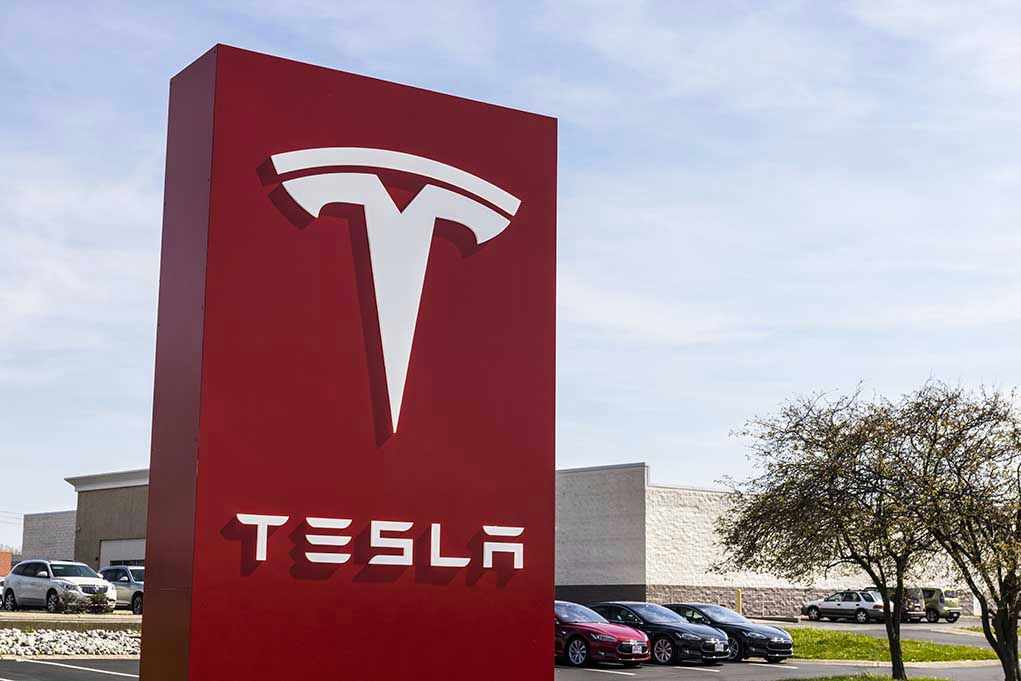
Elon Musk’s unprecedented $1 trillion pay package proposal aims to make Tesla the world’s most valuable company, raising questions about corporate governance and feasibility.
Story Highlights
- Elon Musk could receive a $1 trillion compensation package if Tesla meets ambitious targets.
- The plan includes making Tesla the world’s most valuable company and leading in AI and robotics.
- Shareholders will vote on the proposal in November 2025.
- Critics question the feasibility and governance implications of such a package.
Tesla’s Ambitious Compensation Proposal
In September 2025, Tesla’s board proposed a $1 trillion compensation package for CEO Elon Musk. This package, contingent on achieving unprecedented targets, reflects Tesla’s ambition to become the world’s most valuable company. The targets include delivering 20 million vehicles annually, deploying 1 million robotaxis, and delivering 1 million AI bots. This proposal aims to retain Musk’s leadership and incentivize extraordinary growth, though it has sparked debate over its feasibility and implications for corporate governance.
The proposed compensation plan comes amidst Tesla’s need to sustain its valuation in the face of increased competition and regulatory scrutiny. The board’s decision underscores their belief in Musk’s vision and influence, despite past legal challenges voiding a previous pay package. Musk’s compensation is tied to long-term, high-risk achievements, rather than guaranteed salary or bonuses, emphasizing the company’s evolving identity in the automotive, AI, and robotics sectors.
Challenges and Governance Concerns
The plan requires Musk to stay with Tesla for at least seven and a half years to vest shares, with a full award after ten years. While some stakeholders see Musk as irreplaceable, others fear overdependence. The board acknowledges the loyalty Musk inspires, yet also the risks of his divided attention. Critics question the plan’s governance, fairness, and the potential for volatility in Tesla’s stock price due to such an ambitious package.
Tesla’s current market value stands just under $1.1 trillion, necessitating an eightfold increase to meet the proposed targets. Deliveries fell short of expectations in 2024, highlighting the challenges ahead. Moreover, the robotaxi and AI bot initiatives are in early stages, with no commercial deployments yet, further casting doubt on the feasibility of the targets.
Implications for Tesla and the Industry
If successful, the compensation plan could propel Tesla to new heights, making it a leader in AI and robotics and reshaping the automotive and tech sectors. However, the unprecedented scale and risk of the targets raise questions about CEO pay and corporate governance. The debate extends beyond Tesla, potentially influencing how other companies structure leadership incentives and respond to the convergence of automotive, AI, and robotics industries.
As the November 2025 shareholder vote approaches, the outcome will not only determine Musk’s compensation but also set a precedent for performance-based executive pay. Supporters argue Musk’s vision justifies extraordinary incentives, while critics highlight the risks and challenges of tying a company’s fate so closely to one individual.
Sources:
ABC News: Details on the $1 trillion pay package, targets, and timeline.
Fortune: Analysis of the board’s rationale, governance issues, and Musk’s influence.
TIME: Market value targets, industry context, and expert projections for robotics and AI.

